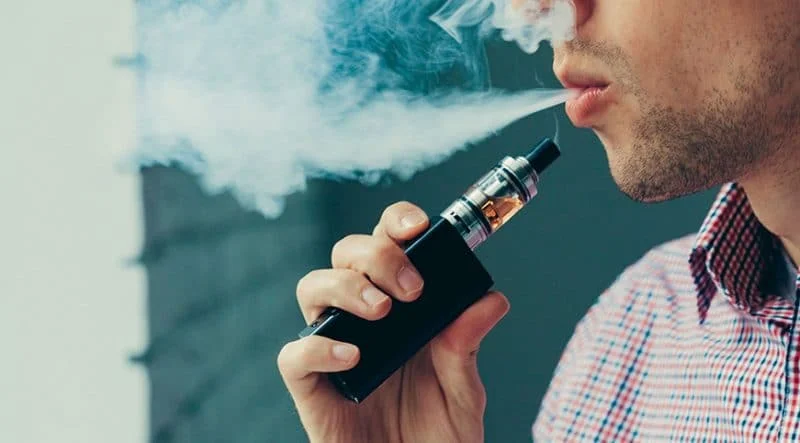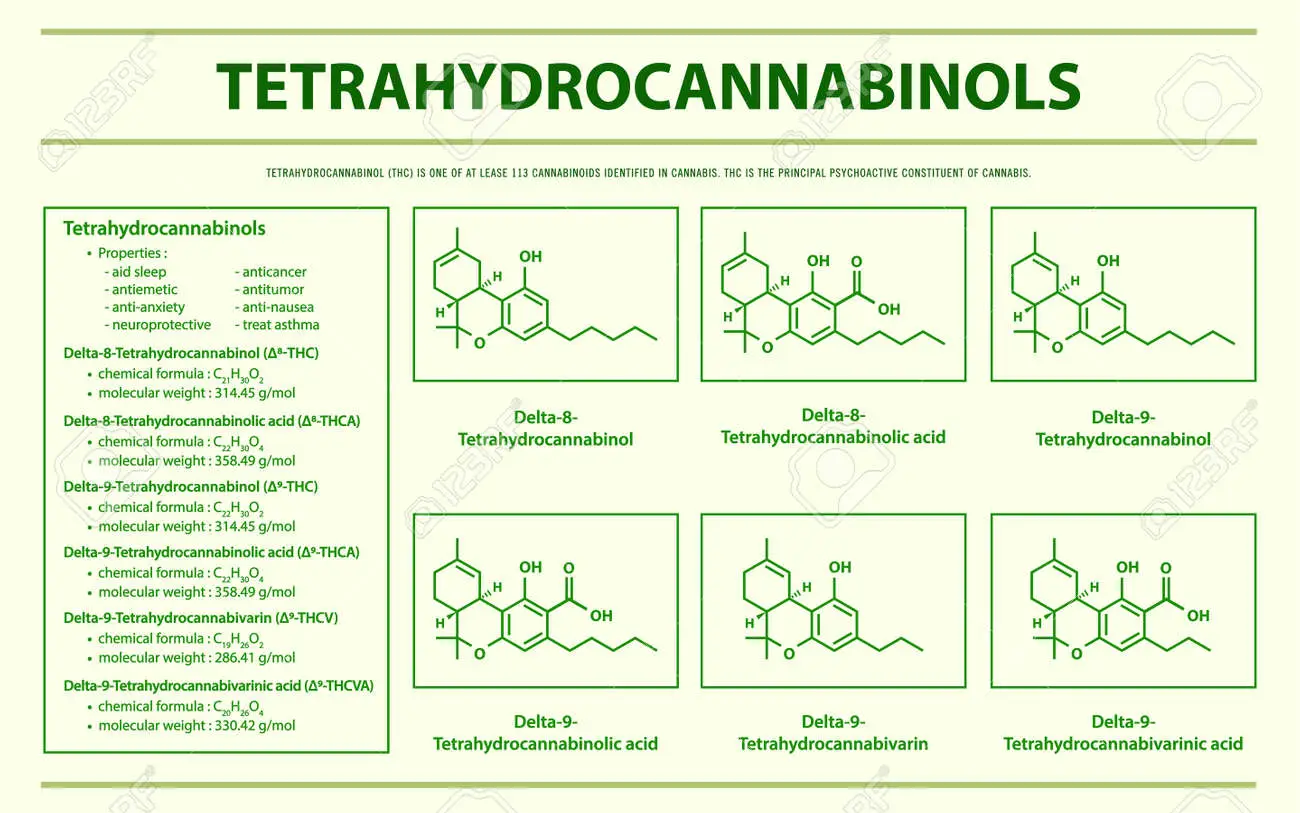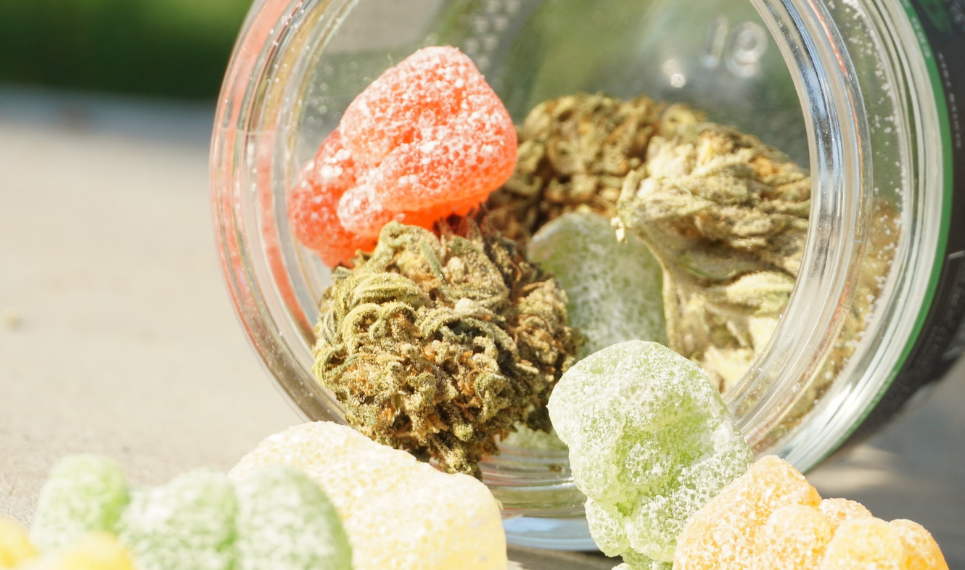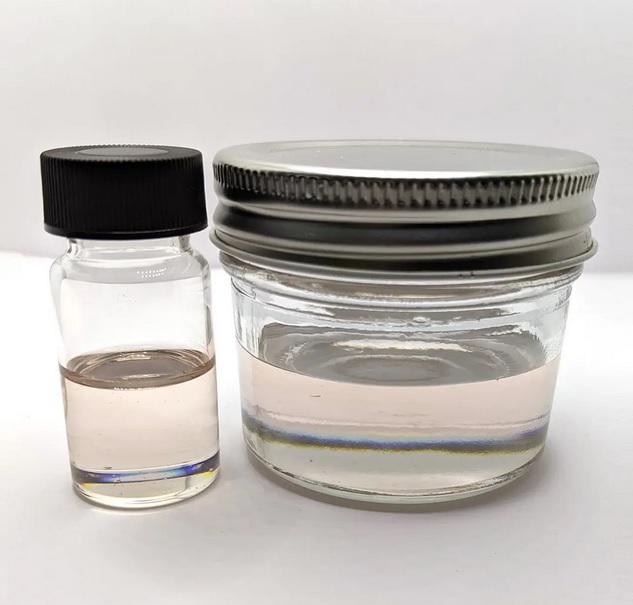Delta-8 THC, a compound found in cannabis plants, has been gaining popularity in recent years due to its milder psychoactive effects compared to delta-9 THC. As a result, Delta-8 vapes have become increasingly popular in the cannabis industry. However, the legality and regulatory landscape of Delta-8 THC products is complex and constantly evolving, which has raised concerns about safety and quality control.
Legal Status of Delta-8 Vapes
Delta-8 THC is not explicitly listed as a controlled substance under the Controlled Substances Act (CSA). However, the CSA prohibits the production and distribution of any THC product derived from cannabis that contains more than 0.3% delta-9 THC. This ambiguity in the CSA has created confusion among lawmakers and industry players regarding the legal status of Delta-8 THC products. While some states have explicitly legalized Delta-8 THC, others have banned it, and many are still debating its legal status.
Regulatory Landscape of Delta-8 Vapes
Due to the lack of clear guidance from the federal government, the regulation of Delta-8 vapes falls largely on state governments. However, many states have not yet established regulations for Delta-8 THC products, leaving consumers at risk of purchasing unsafe and low-quality products. This lack of regulation also creates challenges for businesses producing Delta-8 vapes as they are unsure of how to comply with the patchwork of state regulations.
Implications for Safety and Quality Control
The lack of clear guidance on the legality and regulation of Delta-8 THC products has significant implications for safety and quality control. Without regulation, there is no way to ensure that Delta-8 vapes are produced and sold safely and at a consistent level of quality. This lack of regulation also makes it difficult for consumers to know what they are purchasing, potentially leading to the purchase of low-quality and dangerous products.
Businesses producing Delta-8 vapes must prioritize consumer safety and quality control by adhering to rigorous quality control standards and testing their products for contaminants and potency. This responsibility is crucial in ensuring that consumers are not exposed to any potential risks associated with Delta-8 THC.
Implications for the Industry
The lack of clear regulations around Delta-8 THC vapes has significant implications for the industry. While the absence of regulation may create opportunities for manufacturers to bring innovative products to market more quickly, the lack of established safety standards makes it difficult for consumers to make informed decisions. Additionally, the lack of regulation may create an environment where reputable manufacturers struggle to compete with those producing lower-quality products, ultimately harming the industry’s reputation and growth potential.
Conclusion
The legal and regulatory landscape of Delta-8 vapes is complex and ever-evolving. Consumers must exercise caution when purchasing Delta-8 vapes and should conduct thorough research beforehand. Businesses producing Delta-8 vapes must prioritize consumer safety and quality control, adhering to rigorous quality control standards and testing their products for contaminants and potency. By doing so, the industry can establish a reputation for producing safe, high-quality Delta-8 THC products.




